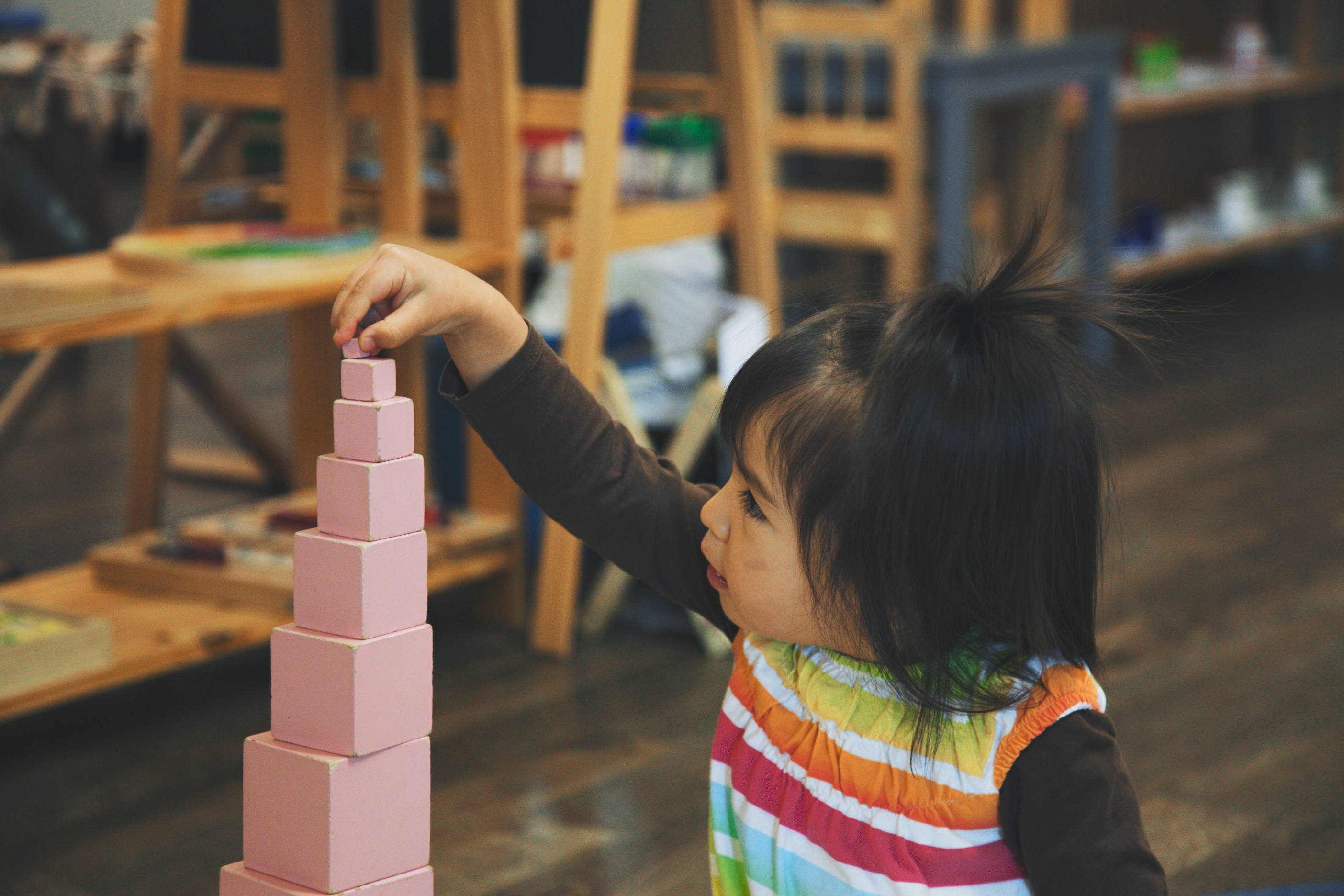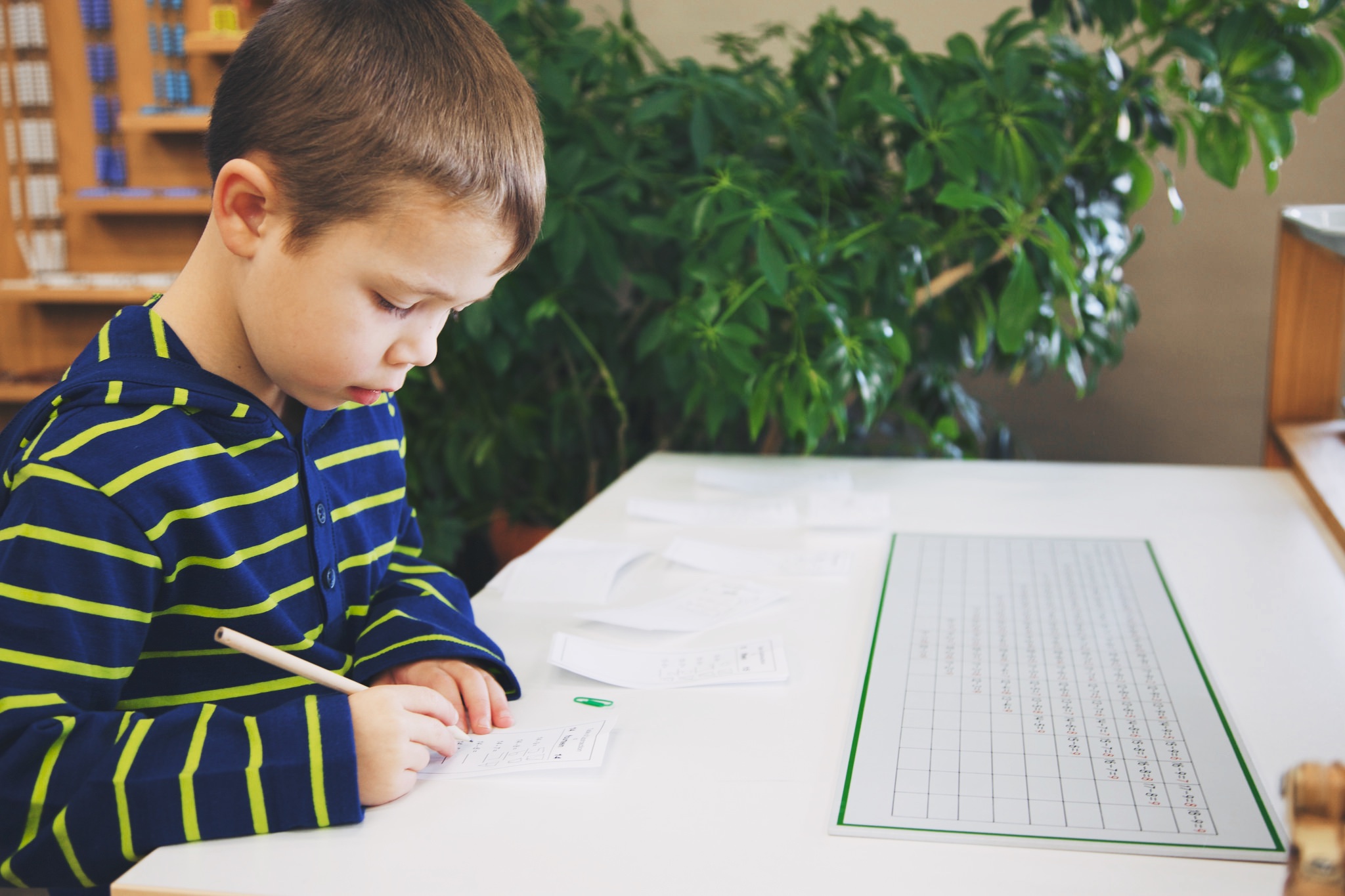Diversity of Respect
Other Good Things
As I’ve said before (and will probably break the record with), one of the best things for us as parents in choosing Baan Dek for Mimi to learn was an emphasis on culture and an appreciation for diversity (among many other things!).

As enrolled members of tribal communities in South Dakota and Minnesota, my husband and I know how truly rare it is for children of color to feel connected to their learning environments. Whether it’s because of a lack of representation within the curriculum, student body, or teaching staff, the fact is, Native American youth especially suffer staggering dropout rates across the country. In Sioux Falls, for example, the graduation rate for Native students is just 45 percent (the next lowest rate is 73 percent for Hispanic students), compared to 80 percent across all demographics (from the 2011 SD Dept. of Ed. Report Card). Is anyone else’s reaction to that, “Holy disparity, Batman!” Because it should be. To be fair, there’s a lot of potential within the public education system, and I’m doing my part to ensure it’s met, however slowly.
The point is, Baan Dek’s child-driven learning models transcend all demographics; they also connect strongly with our personal parenting philosophies, especially when put into cultural context. Here’s a great example:
Last week Mimi came home from school reporting on the day’s events. For a 3-year-old, she’s rather detailed and retentive (when she wants to be, of course). One day, she came home to demonstrate a new social skill – handshaking. She reached for my hand and said, “Good day, Ms. Mommy.” The best part was, this wasn’t your normal “squeeze as hard as you can” handshake preferred by Corporate America, but rather a gentle, friendly “howdy-do.” That follows closely to how Native American families shake in greeting, save for some minor cultural differences.
Learning the art of the handshake is of much importance for Western societies. It’s a symbol of power, status, a way to size each other up and down, or to discern a good business deal from a bad one. It’s good for children to learn a proper American handshake, if only to know what they’re up against. That said, it’s not a greeting I prefer and not one I will teach my daughter. Native American people (and I speak primarily for Lakota people, as it’s the tribe I belong to and have studied in detail) take a different approach to handshakes. To explain briefly, the more aggressive the shake, the more offensive the gesture is seen. The point for Natives (at least today – historically, handshakes were pretty uncommon until white expansion and “treaties” came into play – that’s another topic for a different sort of blog), isn’t to take each other’s arms off, but to show an appropriate level of respect for the person and situation. We will shake as many hands as possible, as lightly as possible, and with as little eye contact as the situation calls for (making eye contact is an aggressive maneuver, as well — another cultural quirk that contrasts with The American Way, and a topic for a different blog). Fingertip to fingertip, a nice, slow forearm lift, and the shake is complete. It says, “Hello. I respect you. You’re important to me.” You can’t tell me our society wouldn’t be better off with people approaching each other with this kind of message.
It makes me smile to know Mimi is being taught a respectful handshake at school – a nod not only to our nation’s capitalistic tendencies, but also to her Native culture and heritage. Whether the latter was taught purposefully or not is irrelevant. It matters to us as parents that our child grows to respect everyone, including herself. What’s more, when I pitched a version of the above explanation regarding handshakes to Mrs. and Mr. George recently, they were more than happy to receive the information (not often the case with various institutions in this area). Baan Dek for the win!
We hope you have enjoyed this parent testimonial on the diversity of respect.
Written by:
Baan Dek


